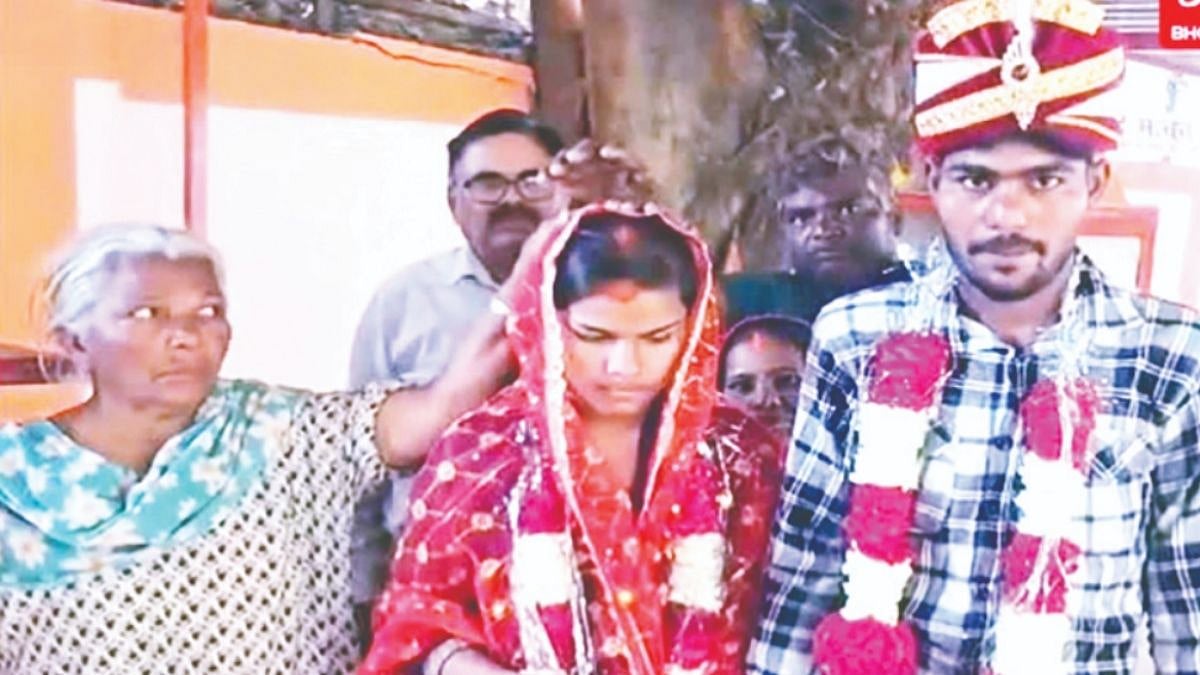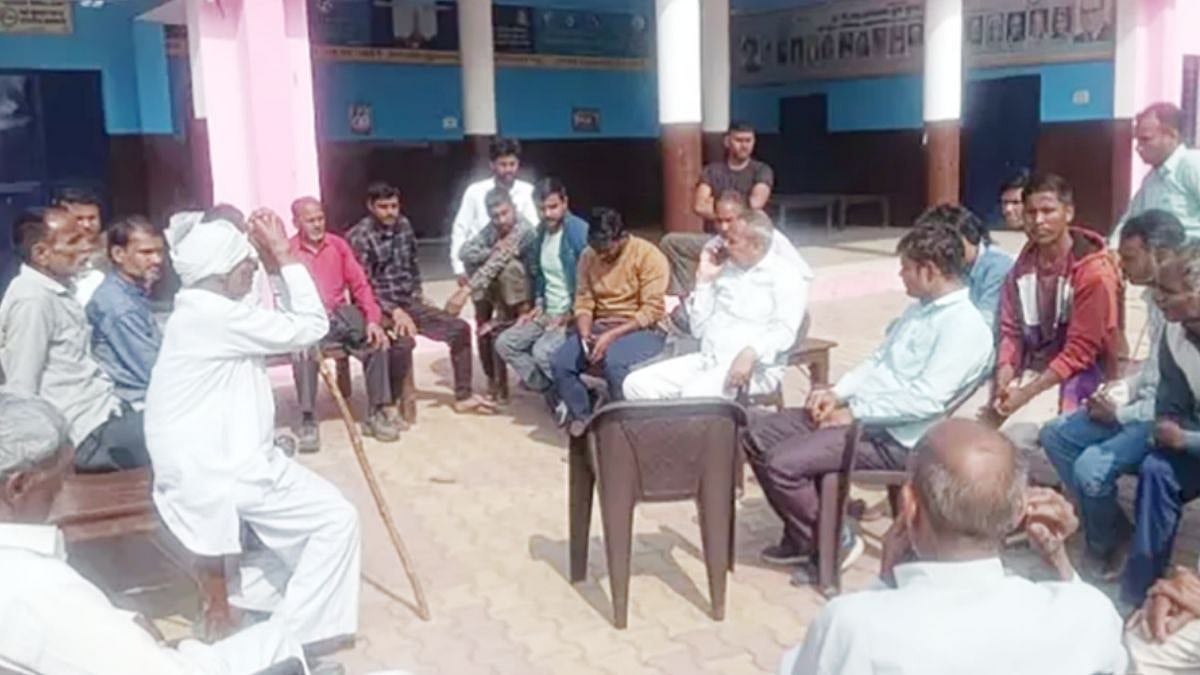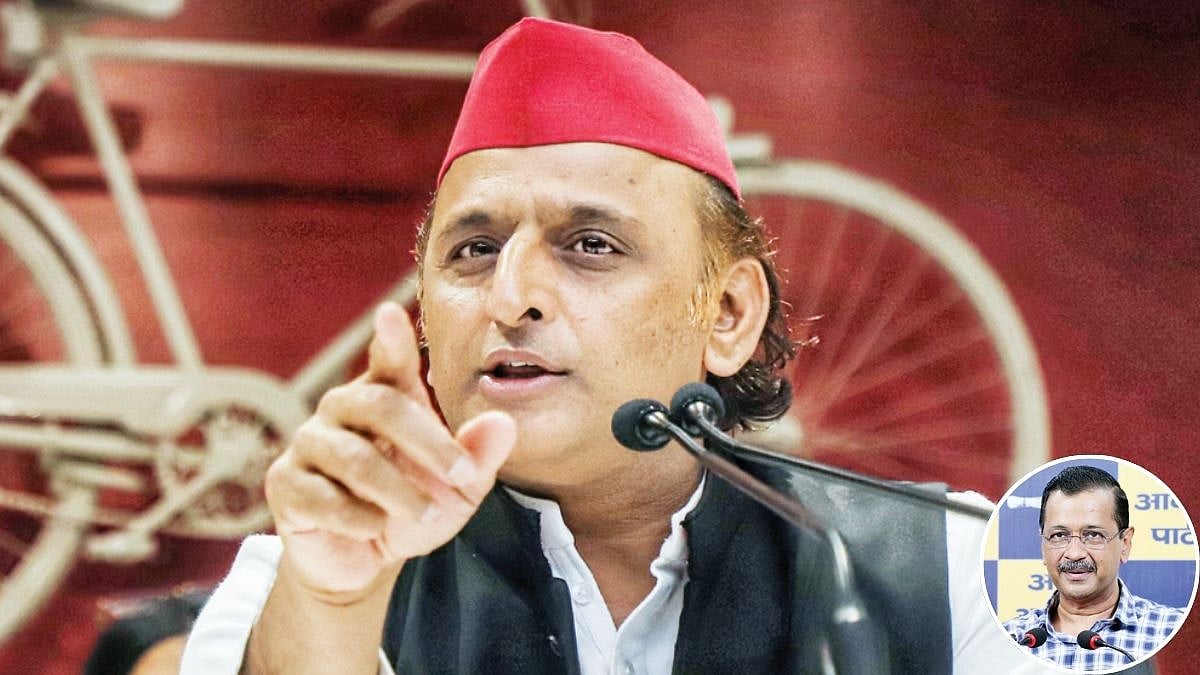The Covid-crisis has led to concern over the return of 'nanny states', with governments across the world taking unusually stern measures to restrict public mobility and social interaction. In India, judging by recent and pending legislations, the nanny state is already here.
The term is often used in an economic sense to denounce over-regulation, but essentially implies undue interference by government in the day-to-day lives of citizens. State intervention is necessary where public good trumps individual freedom, but it should have no role to play in the private sphere, particularly where marriage and reproductive, health or dietary choices are concerned.
Recent instances of nanny-ish policies include those on surrogacy, assisted reproductive technology (ART), religious conversion ('love jihad') and electronic nicotine delivery systems ('vapes'). Censorship of books and films and social media content and the attempt (by two successive governments) to ban non-iodised salt are other examples.
Public safety
The line between freedoms and public safety is sometimes crystal clear. The ban on smoking in public, for example, makes sense because it can have adverse health effects not just on the individual but those around him and is, moreover, a public nuisance and a potential fire hazard. Likewise, the ban on plastic bags is considered an environmental imperative.
On the other hand, the line may sometimes be a bit fuzzy. There's little doubt that vaccination serves the common good, because it reduces the chances of diseases spreading across communities, just as wearing a mask offers protection against Covid-19. Vaccines against life-threatening diseases are regarded as 'compulsory' and India's immunisation programme has had considerable success in controlling or eradicating them.
Yet, the manifest 'public good' of vaccination has encountered parental scepticism and a significant number are opting for alternative medicine rather than government-mandated vaccines, citing the 'freedom of choice' argument.
'Public good'
The general test of any policy that overrides individual freedom should be that of 'public good'. In recent years, we have had a clutch of Bills and laws that do not pass the test. Take, for example, the Assisted Reproductive Technology (Regulation) Bill, 2020, which limits the eligibility not only of those seeking to take advantage of it, but also that of egg donors. (Peculiarly, an egg donor must be married, with at least one child, and can only donate once in her life.)
Equally awkward is the Surrogacy Bill of 2019. In its initial avatar, the Bill averred that only childless heterosexual couples married for five years and with “proven infertility” could engage a surrogate, who had to be a close relative, herself married and with a child. Homosexual couples and single women were denied the chance of becoming biological parents, thus raising the question of the constitutional validity of the Bill.
Passed by the Lok Sabha, the Bill was referred to a select committee before it could become law. The panel suggested changes which were an improvement on the original. Single women and all Indian (married) couples could opt for surrogacy and the surrogate mother did not have to be a ‘close relative’. However, same-sex couples, live-in couples, transgenders, widowers and bachelors were still left out.
Right to parenthood
The Bill was justified on the grounds that 'commercial' surrogacy was exploitative and in any case, only a tiny number of Indian citizens opted for it. Whether the stakeholders – surrogates, people of alternative sexual orientation, infertile women and egg donors,for instance - were part of the consultative process is doubtful.
The fact is that the ART and surrogacy laws will affect all citizens, regardless of gender, because the state will have effectively arrogated to itself the right to decide who is qualified to become a parent, and how. It is not just a question of women saying “hands off our wombs (and eggs)”, but of citizens standing up for fundamental freedoms.
Equally damaging is the religious conversion law, currently in force in Madhya Pradesh, Uttar Pradesh and Uttarakhand and likely to be introduced in other BJP-ruled states - ostensibly intended to 'protect' women against 'love jihad'. The party seems blithely unaware that infantilising women in this manner exposes its patriarchal disposition.
The controversial laws have been carefully worded, so as not to outlaw inter-faith marriage or religious conversion entirely, but make them far more difficult and give law enforcement agencies plenty of room to harass alleged violators.
Double standards
State paternalism is often accompanied by double standards. Take for example the decision to ban vapes – arguably less dangerous than cigarettes – while imposing no deterrents against smoking or chewable tobacco. This is not new - back in the day, cannabis was banned as a dangerous narcotic, while alcohol consumption went on to became a major revenue-earner for the government.
India is accustomed to the paternalism of 'mai-baap sarkar', but it is high time that government overreach became part of the public discourse.
The writer is a senior journalist with 35 years of experience in working with major newspapers and magazines. She is now an independent writer and author.




